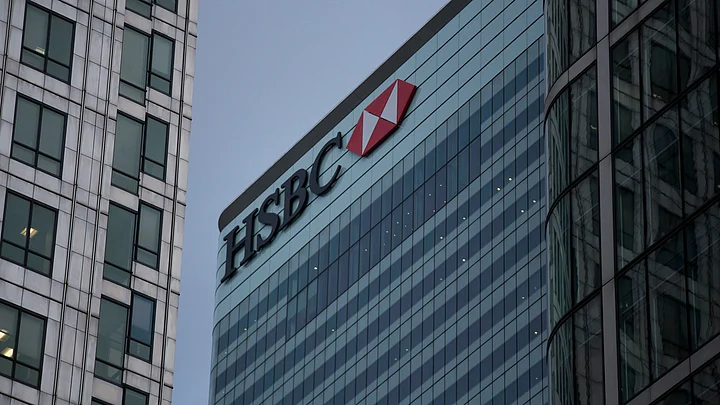Banking group HSBC Holdings has decided to keep its headquarters in Britain, rejecting the option of shifting its centre of gravity back to its main profit-generating hub Hong Kong after a 10-month review.
The decision by HSBC’s board, which Europe’s biggest bank said was unanimous, gives a boost to London’s status as a global financial centre, under threat since the financial crisis of 2007-09 from tougher regulation and rising costs.
Some investors had encouraged HSBC to consider leaving Britain, partly because of a tax on banks’ global balance sheets brought in after the financial crisis which had cost it $1.1 billion in 2014.
We had no negotiation with the government. The government was very well aware of our view, indeed the view of many other people who commented on it (the bank levy), but there certainly was no pressure put on, or no negotiation.Douglas Flint, Chairman, HSBC
The decision comes at the end of a tumultuous period for European banks, whose shares have tumbled on fears of a global economic slowdown and the impact on earnings from a prolonged period of low or negative interest rates.
HSBC shares are down more than 30 percent from last April when the group began its headquarters review, hit by China’s flagging economic growth and market turmoil.
It would have been a bloody big job to move. And until the UK government started attacking the likes of HSBC, they didn’t have any desire to move. The tax concessions are a good thing. What Gulliver needs to do now is tidy up the bank.Hugh Young, Managing Director, Aberdeen Asia Management
For Hong Kong, the chance of luring back HSBC, short for Hongkong and Shanghai Banking Corp, to its birthplace and to the heart of its Asian growth strategy has been lost for now.
But gyrations in Chinese markets coupled with concerns about China’s growing influence over Hong Kong had helped make it more likely the bank would stick to London.
The Hong Kong Monetary Authority, which had earlier said it would welcome an HSBC move to Hong Kong, said it respected the board’s decision to maintain the status quo.
(At The Quint, we question everything. Play an active role in shaping our journalism by becoming a member today.)
